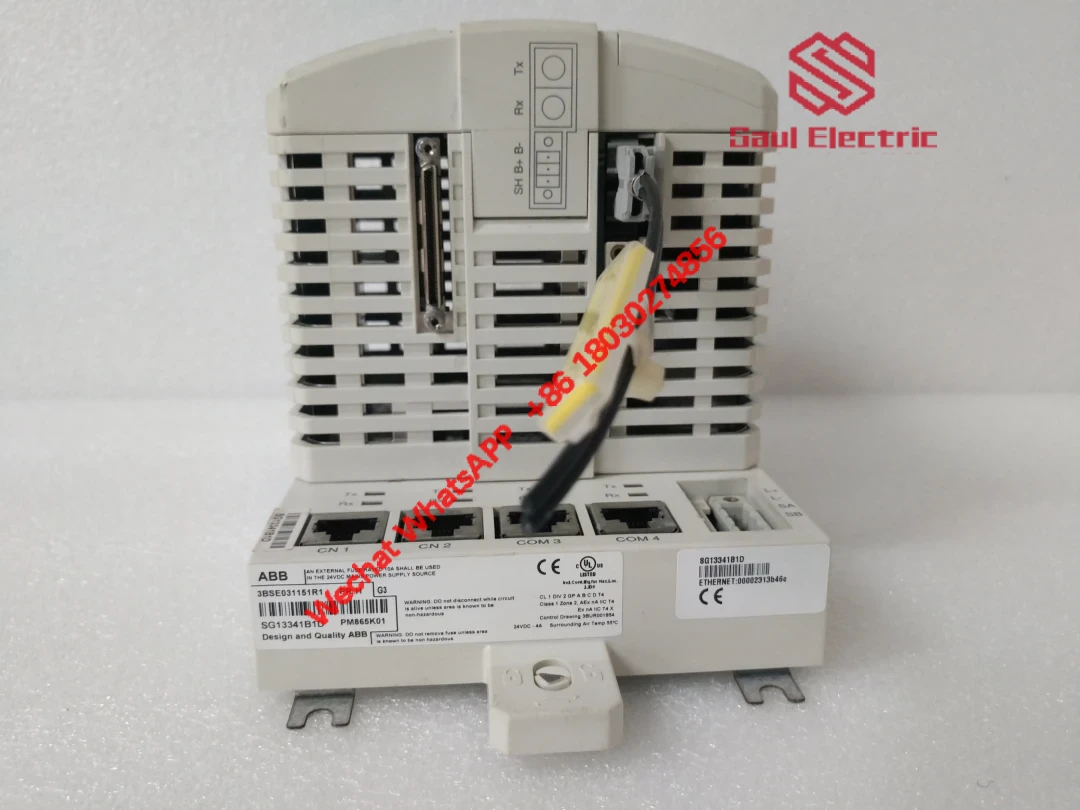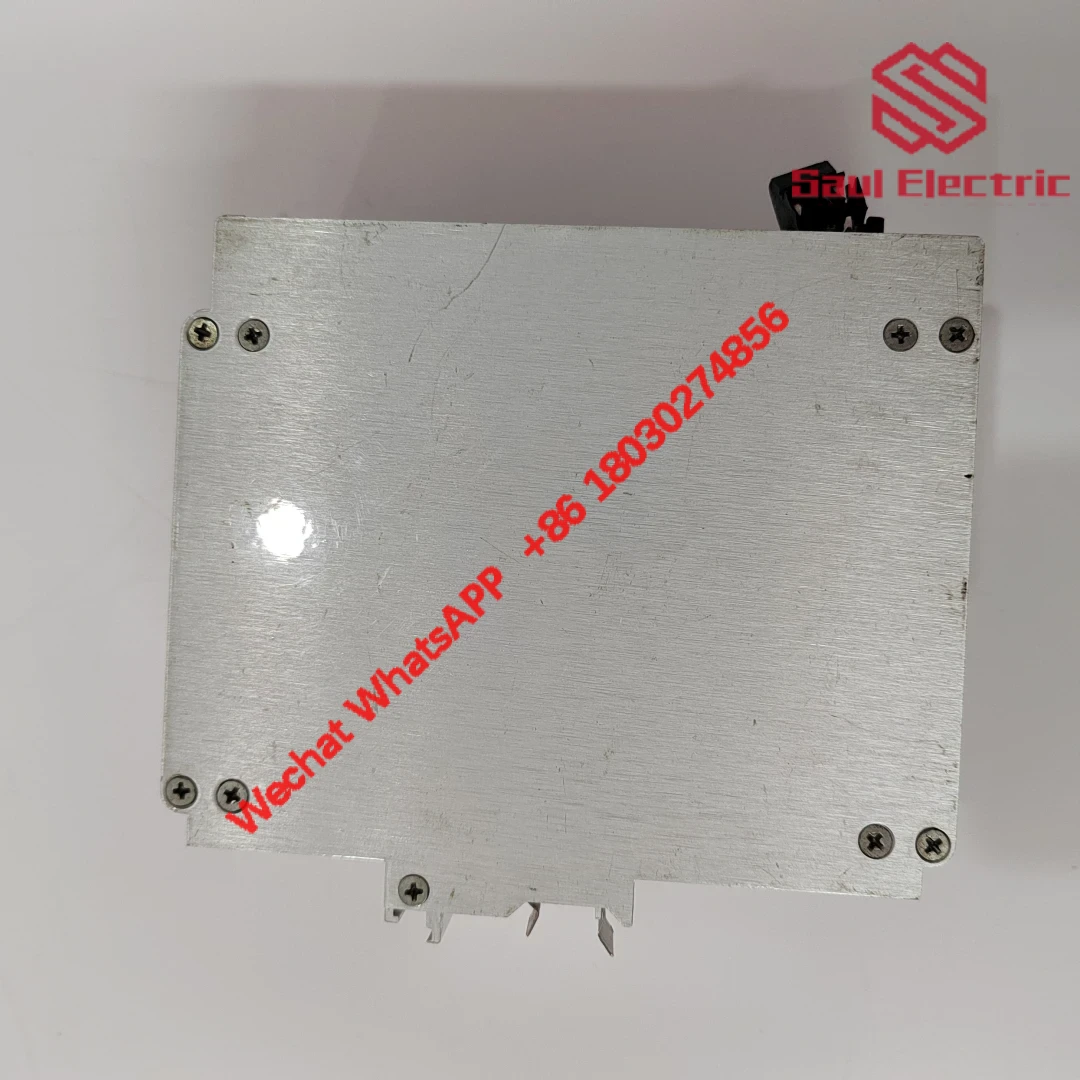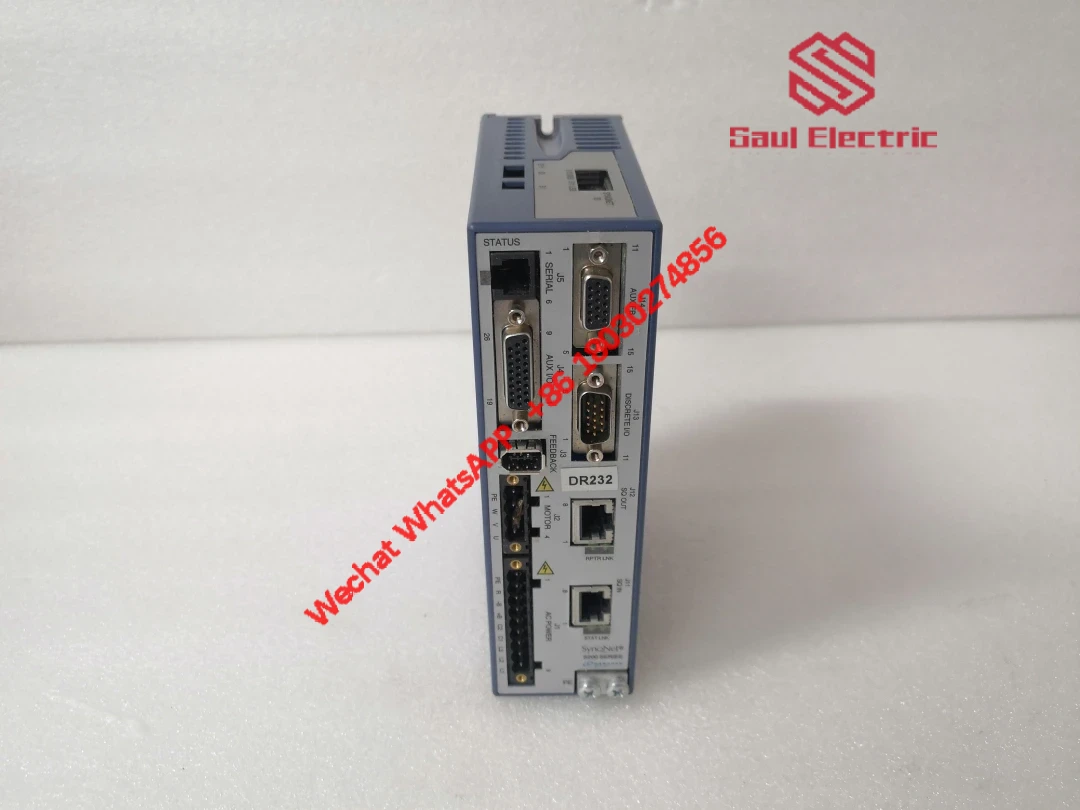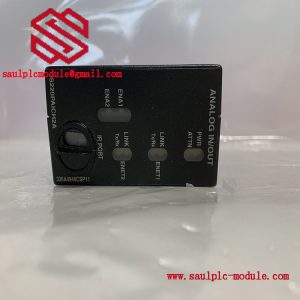Description
TOSHIBA 2N3A8130-A Industrial Control Module: Precision Engineered for Demanding Environments
In environments where precision matters, the TOSHIBA 2N3A8130-A emerges as a critical component for industrial automation systems. This module isn’t just about basic control functions—it’s designed to maintain operational stability where temperature extremes, electrical noise, and mechanical vibrations would challenge lesser equipment. Field reports confirm its reliability in continuous operation scenarios like chemical processing plants and high-speed packaging lines.
| Specification | Details |
|---|---|
| Manufacturer | TOSHIBA |
| Model Number | 2N3A8130-A |
| Operating Voltage | 220 VAC |
| Output Frequency | 10 kHz (typical) |
| Certification | CE, UL Listed |
| Mounting | DIN Rail Compatible |

Real-World Applications
Engineers have successfully integrated this module into diverse systems—from conveyor belt synchronization in automotive manufacturing to precision temperature regulation in food processing facilities. It works seamlessly alongside major control platforms like ABB’s PM866, GE Fanuc’s IC698CPE010, and Schneider’s Unity Pro controllers.
Field technicians particularly appreciate its compatibility with legacy systems while supporting modernization projects. For example, a textile mill recently upgraded its loom control systems using this module, achieving 15% improvement in production consistency without replacing existing sensors.

Technical Advantages
What sets this module apart is its triple-layer PCB design with conformal coating—proven to withstand 85% humidity at 55°C during accelerated life testing. The thermal management system maintains component temperatures below critical thresholds even during sustained high-load operation.
Key features include:
- Redundant power input paths with automatic failover
- Optically isolated I/O channels (2500 Vrms rating)
- Modular terminal blocks allowing hot-swapping
- EMC protection meeting IEC 61000-6-2 standards
One engineer noted, “After six months in a steel plant’s rolling mill, where ambient temperatures regularly exceed 45°C, we’ve had zero faults. The self-diagnostic LEDs saved us hours during routine checks.”




Reviews
There are no reviews yet.